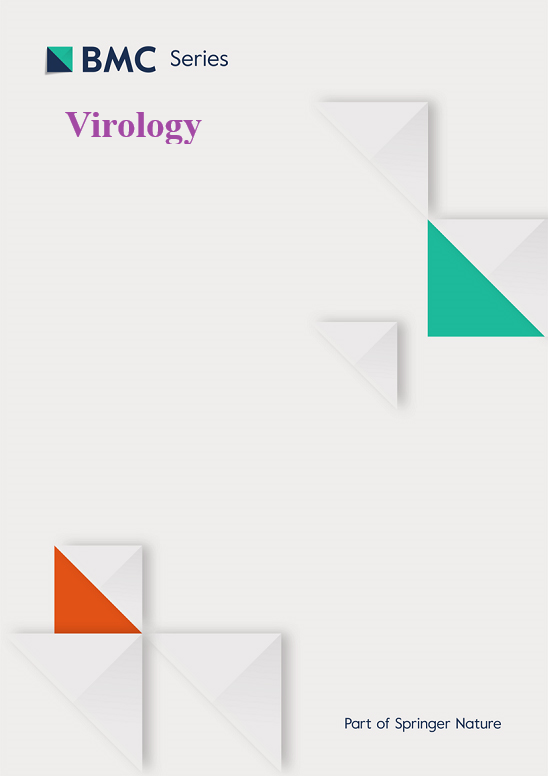Diallyl trisulfide inhibits in vitro replication of the Japanese encephalitis virus by modulating autophagy via mTOR-dependent pathway
IF 2.4
3区 医学
Q3 VIROLOGY
引用次数: 0
Abstract
Japanese encephalitis is a neurological disease caused by the mosquito-borne Japanese encephalitis virus (JEV). The clinically approved antiviral drugs for JEV infection are not available. In our present study, we investigated the antiviral activity of garlic oil and its key organosulfur compounds against JEV. The garlic oil showed anti-JEV activity in Neuro-2a cells at a 20 μg/ml concentration. Further, the components of garlic oil, i.e., diallyl sulfide (DAS), diallyl disulfide (DADS), and diallyl trisulfide (DATS), were screened for their anti-JEV activity. DATS was active among these compounds and displayed higher antiviral activity against JEV than DAS and DADS. Moreover, DATS inhibited JEV replication in a dose- and time-dependent manner. Mechanistic investigations revealed the activation of mTOR signaling associated protein levels (phospho-mTOR, mTOR, phospho-AKT, AKT) and phospho-p62 autophagy marker in JEV-infected Neuro-2a cells after 48 h post-treatment with DATS. These results demonstrate that DATS inhibits JEV replication by suppressing autophagy via mTOR-dependent pathway.
二烯丙基三硫醚通过mtor依赖途径调节自噬抑制乙型脑炎病毒的体外复制
日本脑炎是由蚊子传播的日本脑炎病毒(JEV)引起的一种神经系统疾病。目前还没有临床批准的用于治疗乙脑病毒感染的抗病毒药物。本文研究了大蒜油及其主要有机硫化合物对乙脑病毒的抗病毒活性。大蒜油在20 μg/ml浓度下对神经-2a细胞具有抗乙脑病毒活性。进一步对大蒜油中二烯丙基硫醚(DAS)、二烯丙基二硫醚(DADS)和三烯丙基二硫醚(DATS)的抗乙脑病毒活性进行了筛选。在这些化合物中,DATS具有活性,对乙脑病毒的抗病毒活性高于DAS和DADS。此外,DATS以剂量和时间依赖的方式抑制乙脑病毒的复制。机制研究显示,经DATS处理48小时后,jev感染的神经2a细胞中mTOR信号相关蛋白水平(phospho-mTOR, mTOR, phospho-AKT, AKT)和磷酸化p62自噬标志物被激活。这些结果表明,DATS通过mtor依赖途径抑制自噬,从而抑制乙脑病毒复制。
本文章由计算机程序翻译,如有差异,请以英文原文为准。
求助全文
约1分钟内获得全文
求助全文
来源期刊

Virology
医学-病毒学
CiteScore
6.00
自引率
0.00%
发文量
157
审稿时长
50 days
期刊介绍:
Launched in 1955, Virology is a broad and inclusive journal that welcomes submissions on all aspects of virology including plant, animal, microbial and human viruses. The journal publishes basic research as well as pre-clinical and clinical studies of vaccines, anti-viral drugs and their development, anti-viral therapies, and computational studies of virus infections. Any submission that is of broad interest to the community of virologists/vaccinologists and reporting scientifically accurate and valuable research will be considered for publication, including negative findings and multidisciplinary work.Virology is open to reviews, research manuscripts, short communication, registered reports as well as follow-up manuscripts.
 求助内容:
求助内容: 应助结果提醒方式:
应助结果提醒方式:


